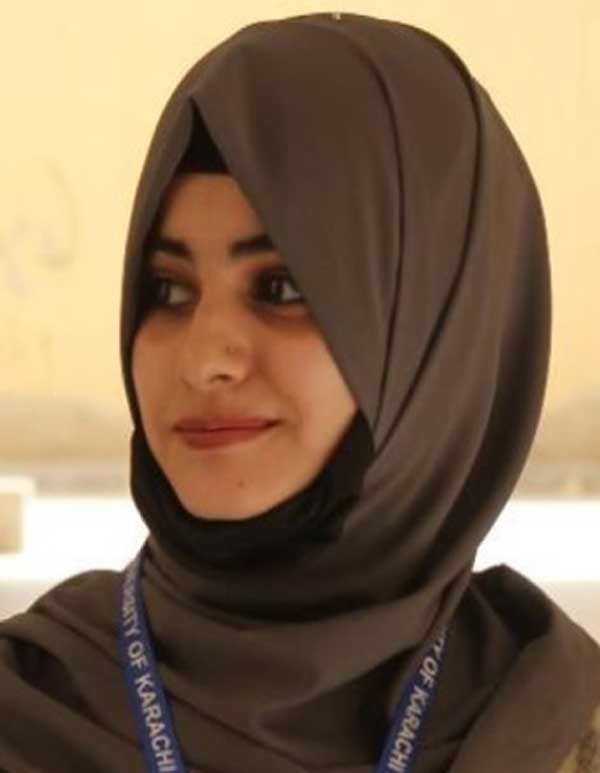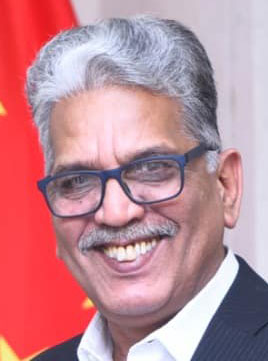Human rights are moral principles or norms for certain standards of human behaviour and are regularly protected in municipal and international law. They are commonly understood as inalienable, fundamental rights to which a person is inherently entitled simply because she or he is a human being and which are inherent in all human beings, regardless of their age, ethnic origin, location, language, religion, ethnicity, or any other status. They are applicable everywhere and at every time in the sense of being universal, and they are egalitarian in the sense of being the same for everyone.
Human rights in Saudi Arabia are a topic of concern and controversy. The Saudi government, which mandates Muslim and non-Muslim observance of Sharia law under the absolute rule of the House of Saud, have been accused of and denounced by various international organizations and governments for violating human rights within the country.
The totalitarian regime ruling the Kingdom of Saudi Arabia is consistently ranked among the “worst of the worst” in Freedom House’s annual survey of political and civil rights. On 28 December 2020, the Criminal Court in Riyadh sentenced a prominent Saudi women’s rights activist to nearly 2 years in prison, drawing a renewed attention to the kingdom’s human rights issues. Qorvis MSLGroup, a U.S. subsidiary of Publicis Groupe, has been working with Saudi Arabia amidst its executions of political protesters and opponents for more than a decade to whitewash its record of human rights abuses.
Saudi Arabia faced unprecedented international criticism in 2019 for its human rights record, including the failure to provide full accountability for the murder of Saudi journalist Jamal Khashoggi by Saudi agents in October 2018, as well as the country’s dismal treatment of Saudi dissidents and human rights activists.
Amid the criticism, Saudi authorities announced landmark reforms for Saudi women that, if fully implemented, represent a significant step forward including allowing Saudi women to obtain passports and travel abroad without the approval of a male relative for the first time. However, discrimination remains in other areas, and women’s rights activists remain detained, on trial, or silenced for their activism. In 2017, King Salman ordered that women be allowed access to government services, such as education and healthcare, without needing consent from a guardian. He also issued a decree allowing women to drive, lifting the world’s only ban on women drivers. In 2018, the percentage of women in the workforce jumped to 20.2%.
The laws also grant women the eligibility for the guardianship of minor children. In 2019, the government of Saudi Arabia stated that women can achieve higher officer ranks in the military. According to the World Bank, Saudi Arabia made significant improvements to working conditions for women between 2017 and 2020, addressing issues of mobility, sexual harassment, pensions, and workplace rights in June 2021, Saudi Arabia started allowing women to live alone without permission from a male guardian, which developed an earlier ruling that affirmed the legality of the independence of an adult woman in a separate house. In July 2021, the Saudi Ministry of Hajj and Umrah allowed Muslim women to register for performing Hajj without being accompanied by a mahram, similarly in March 2022, Muslim women over the age of 45 were allowed to perform Umrah without a male guardian. Through 2019, the Saudi-led coalition continued a military campaign against the Houthi rebel group in Yemen that has included scores of unlawful airstrikes that have killed and wounded thousands of civilians.
This section highlights the government’s efforts to protect and promote human rights through stable laws and regulations, preserve the rights of women, children, expatriate workers, and individuals with disabilities. This segment specifies the factors of equality and non-discrimination, gender equality, combating discrimination and gender equality in the workplace, equality related to aspects of education, grants and subsidies, and health services in the Kingdom, in addition to entities and institutions dedicated to the preservation and protection of human rights.
Since its unification by the founding king, King Abdul-Aziz – may God have mercy on him – the state has ensured that the human being, whether citizen or resident, adult or child, is protected. In the system of government, Article (8), “Governance in the Kingdom of Saudi Arabia is based on justice, consultation, and equality, in accordance with Islamic law,” and Article (26) thereof, which states: “The state protects human rights in accordance with Islamic law.”
Within the Basic Law of Governance are basic principles and provisions aimed at protecting and promoting human rights. These principles and provisions in their entirety represent the legal framework for human rights, and the system has affirmed a number of basic rights, including: the right to justice, equality, security and respect for private property. Other regulations such as labor, health, education, social security and other laws and regulations included detailed provisions for the principles contained in the Basic Law of Governance.
Sign in
Welcome! Log into your account
Forgot your password? Get help
Password recovery
Recover your password
A password will be e-mailed to you.







